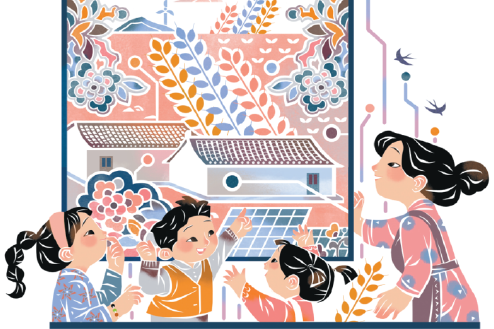Together on the road to success

A1: Economic, diplomatic, and cultural ties between China and Africa have flourished in recent years and show no sign of weakening.
Long-term infrastructural projects such as the Belt and Road Initiative, together with intensified financial relations, will be crucial in deepening the China-Africa relationship. What makes it so durable and mutually beneficial is precisely the fact that the promotion of infrastructural, entrepreneurial and institutional development is given priority through the involvement of the private sector and governmental support.
Two elements that will be essential for the furthering of China-Africa relationships are environmentally appropriate development and cultural exchange.
A2: So far, the greatest obstacles to closing the African infrastructural gap have been a limited domestic revenue base to pay for services in many African countries and patchy institutional capacity and governance.
Foreign investment, which China has contributed significantly, has helped address the scarcity of funds. These have not only improved growth prospects, but also spurred job creation and provided opportunities for local entrepreneurs and the development of skills.
A3: As the African population grows and the continent becomes increasingly urbanized, achieving food security and improving agricultural productivity will be of utmost importance.
For many African countries food security implies a greater capacity to trade and import the necessary items of food, with improved transport, storage and other facilities.
In a number of African countries there has been significant success in rural development. The sharing of agricultural expertise and training opportunities offered by Chinese investment are important for sustaining this trend and raising agricultural productivity.
A4: Many African economies still predominantly rely on primary product exports. This poses risks to the continent's economy arising from potential commodity price slumps. Diversification away from commodities, through beneficiation and adding value through the processing of commodities is important, as is horizontal diversification into manufacturing, tourism and services.
Africa should exploit its comparative advantage in labor-intensive industries, yet the focus should remain on environmentally sustainable production, and aim for growing human capital.
A5: Trade has grown, but since the slump in commodity prices in 2014, the value of trade has been decreasing. The vertical diversification of trade to increase the value-added content through the processing of commodities is important. So too is horizontal diversification, into services and manufacturing.
E-commerce certainly offers opportunities for Africa, but technological change and in particular robotics and artificial intelligence also pose risks. The challenge for China and African countries is to ensure that they in partnership can invest in the latest ideas and technologies.
Ian Goldin, professor of globalization and development, University of Oxford
A1: Economic, diplomatic, and cultural ties between China and Africa have flourished in recent years and show no sign of weakening.


































